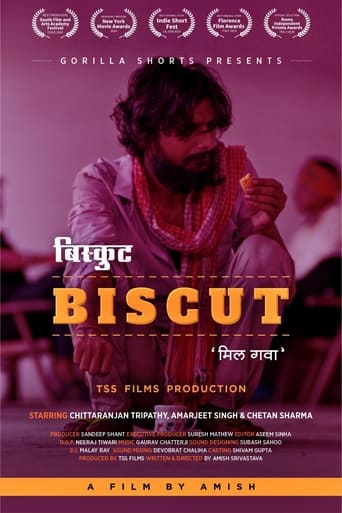Yes Sir! 1970
Ramnarayan Tiwari, a Brahmin (uppermost caste as per the caste system in India) is a peon in a government undertaking, where recently, a Dalit (lower caste), has risen to become a big officer. Tiwari burns with resentment towards this officer’s hierarchical superiority because he considers himself superior as per the religiously ingrained caste system. Tiwari is also frustrated as his promotion has been overdue for years. The officer’s bathroom’s drain has choked. Tiwari tries to look for the official sweeper, also a lower caste man. This role-reversal story is about how Tiwari’s need for promotion, and his caste prejudice towards the officer, counterbalance each other to solve the problem of the choked drain.


